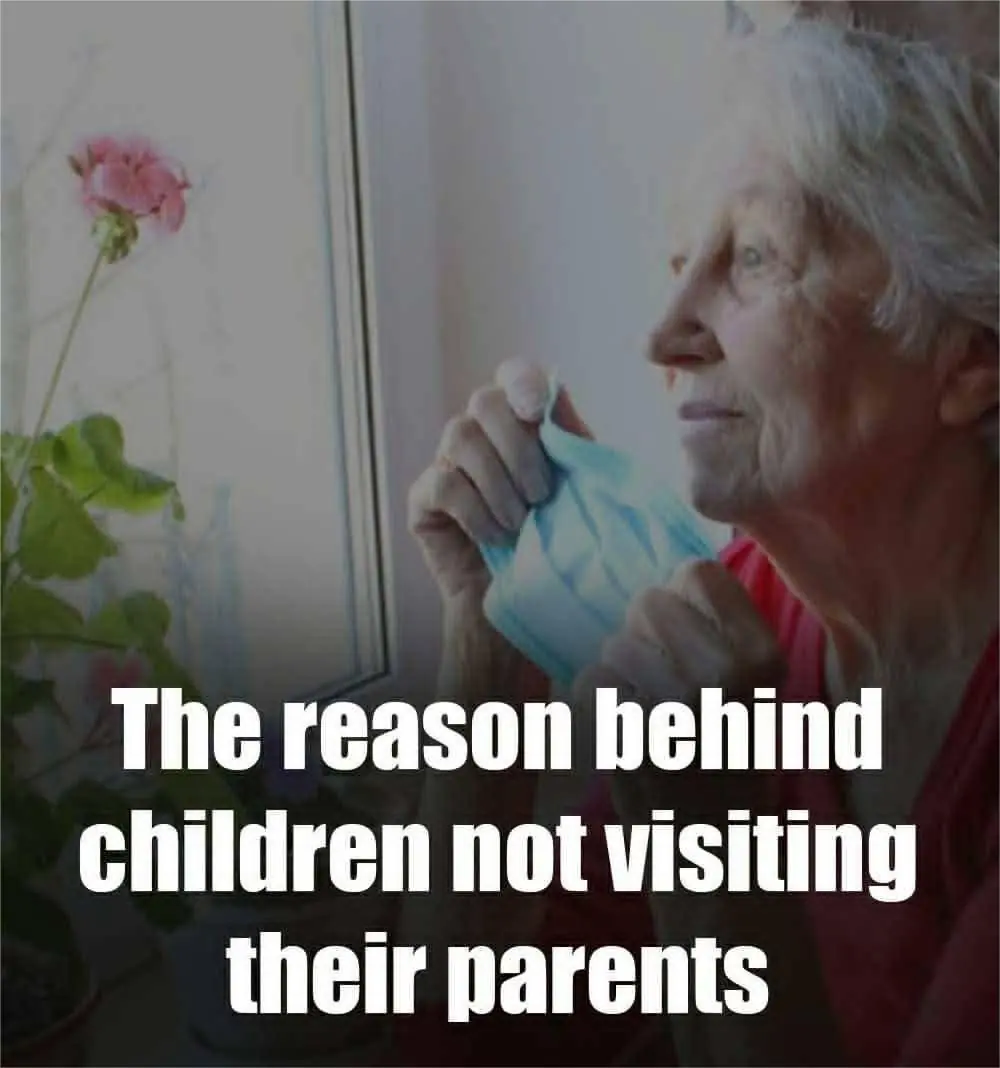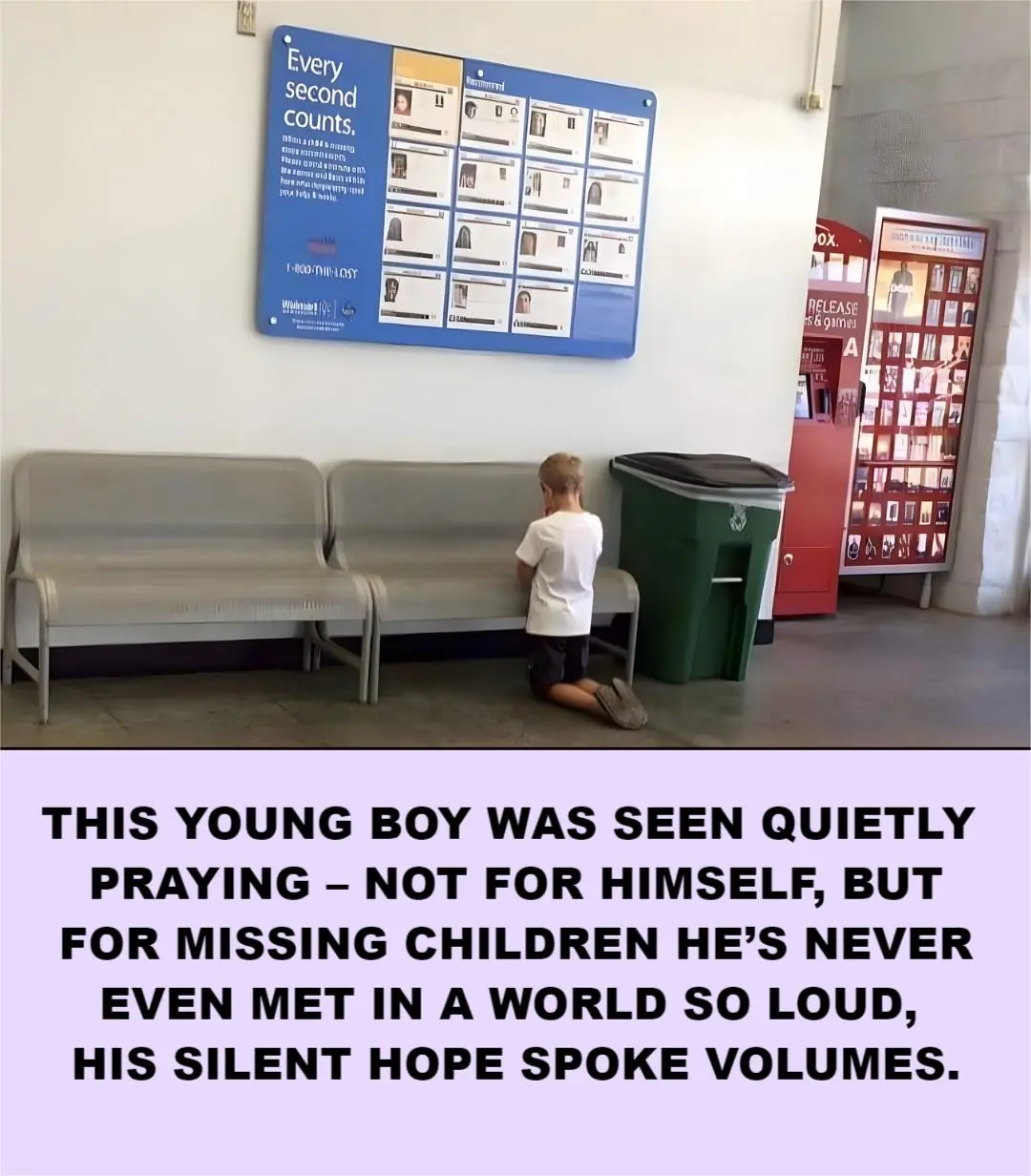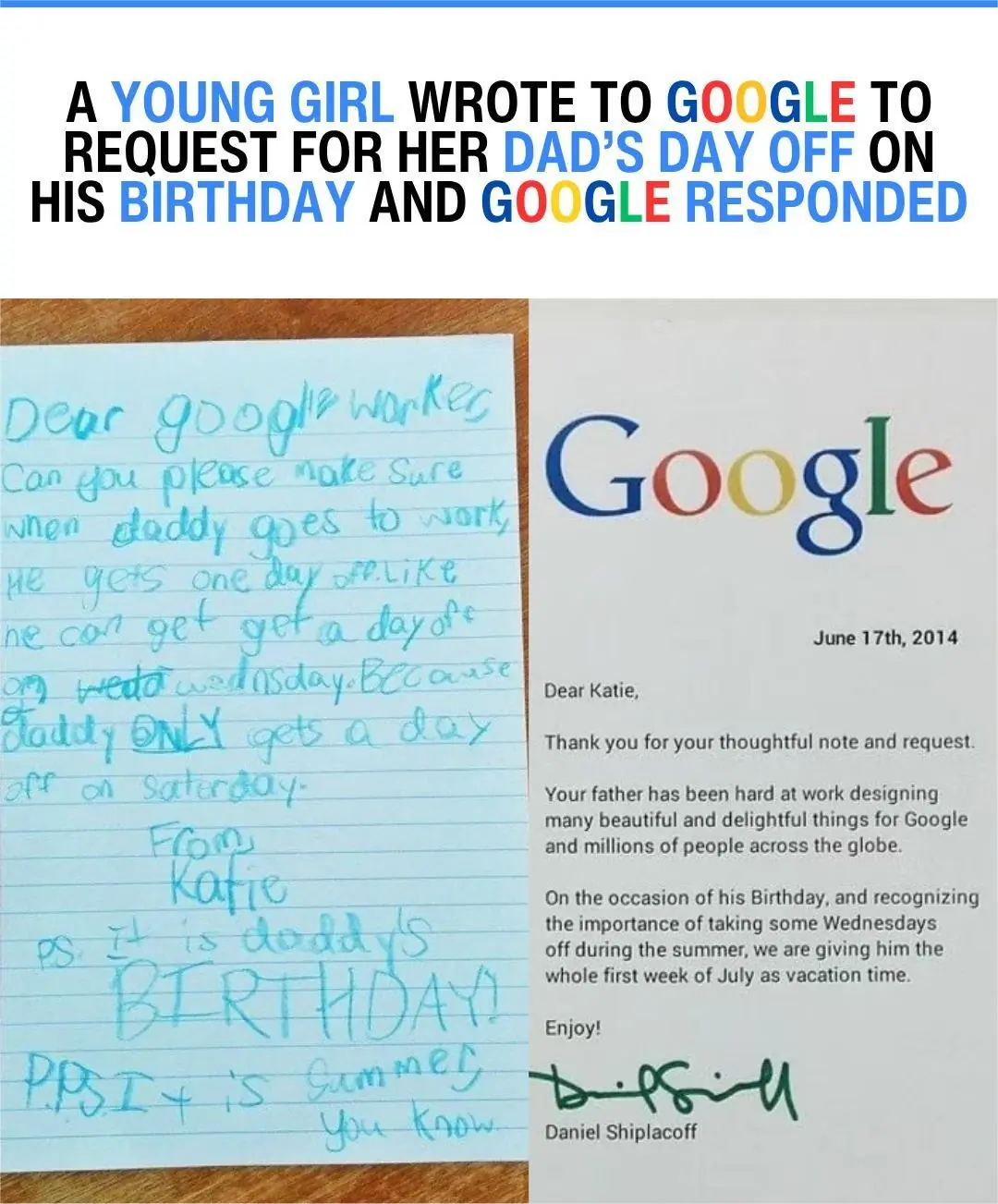
The reason behind children not visiting their parents
Family bonds are among the most powerful and emotional connections we form. Yet, maintaining these bonds—especially between parents and adult children—can sometimes be one of life’s greatest challenges. Many parents feel hurt, confused, or even abandoned when their grown children rarely call, visit, or seem interested in their lives. While this distance can feel painful, it often has complex and deeply rooted causes.
Changing Family Dynamics
As children mature, their priorities naturally shift. They may start families of their own, juggle demanding careers, or move far from home. These life changes often leave little time for visits or phone calls. What parents may perceive as emotional distance is sometimes just the reality of adult life—a difficult but common adjustment for both sides.
The Weight of Unresolved Conflicts
In other cases, distance is not caused by time or geography, but by emotional scars. Unresolved conflicts, unspoken resentments, or painful misunderstandings from the past can create walls that are hard to break down. These wounds, if left unhealed, can linger for years, making reunions feel awkward or even unwelcome.
Rebuilding trust takes patience and empathy. Honest, respectful conversations—though often difficult—are essential to clearing the air and reestablishing a more authentic connection.
Communication Gaps and Misunderstandings
Sometimes, the problem is simpler but just as damaging: poor communication. Parents may assume their children know they are always welcome, while adult children hesitate, unsure how often to visit or whether their presence will be appreciated. Over time, these silent assumptions can grow into a painful emotional gap.
The Lingering Effects of Emotional Neglect
Emotional support is a cornerstone of any strong relationship. When parents fail to recognize or validate their children’s emotions during childhood, that neglect can leave lasting marks. Many adults carry the sense that their feelings were dismissed or ignored, leading to emotional distance later in life. For them, stepping back becomes a way to protect their mental health.
When Narcissism Erodes Connection
In some families, narcissistic traits—where a parent’s needs and image come before their child’s well-being—can create deep emotional divides. Such parents often struggle to show empathy or accept their children as independent individuals. Over time, this dynamic drives children away as they seek freedom from manipulation or criticism.
Finding the Way Back
When adult children begin to visit or call less often, the healthiest response from parents is empathy, not guilt or blame. Open and compassionate dialogue can reveal the reasons behind the distance and help both sides heal. For children, therapy or guided family conversations can also be valuable steps toward resolution.
It’s natural for relationships to evolve as people grow older. Yet, even when physical visits become rare, emotional connection remains vital. Love, when nurtured with patience, respect, and understanding, can bridge even the widest gaps between parents and their grown children.
News in the same category


The Windows 10 Wallpaper That Was Shockingly Real

Olympic Medal Turned Into a Miracle: The Selfless Act of Maria Andrejczyk

A Little Boy’s Silent Prayer That Touched the World

Bullied 7-Year-Old Boy Finds a Kindred Spirit in Cat With the Same Rare Conditions

Single Dad in Thailand Dresses as Mom to Support His Daughter

Man With Facial Disfigurement Asked to Leave Restaurant Before Sitting Down

She Had 43 Cosmetic Procedures To Become A Barbie Doll – Critics Say She Looks Like A ‘Zombie’

She believed it was just an ordinary photo — but zooming in revealed a shocking truth that turned her world upside down

Newly married couple tragically discovered dead in their car just weeks before celebrating their first anniversary

Sleeping Trick? Why Sticking One Foot Out Actually Works

Two best friends died hand in hand in an accident right before prom night

Divorce warning signs you might be ignoring

🌱 UBC Scientists Develop the World’s First Mushroom-Powered Waterless Toilet

Elon Musk: Building a Thriving Mars Colony Means 100,000 People, 1 Million Tons of Cargo and a Mission Beyond Just Arrival

October 21: Rare Green Comet Meets Orionid Meteor Shower in a Double Cosmic Spectacle

Indian Engineers Win Ig Nobel Prize for UV Shoe Rack That Kills Bacteria and Eliminates Odor

Nobel Prize 2025: Breakthrough Discovery Reveals How the Immune System Knows When to Stop Attacking Itself

GE’s Haliade-X: The World’s Most Powerful Wind Turbine Revolutionizing Clean Energy

Google Grants a Special Birthday Wish from a Little Girl
News Post

WHAT HAPPENS WHEN WE TONGUE KISS…See more

Nature’s Secret: 4 Healing Leaves That Support Metabolism, Immunity & Circulation Naturally

Don’t Drink Coconut Water Before You Know These 11 Secrets!

Pumpkin Seed Milk — The Natural Parasite Cleanser

Fast Rice Water Trick for a Brighter Smile

Morning Drink to Revive Your Kidneys Fast

The Onion Recipe That Could Transform Your Blood Sugar, Support Cleaner Arteries, and Protect Your Heart!

Top 4 Fruits That Help Your Kidneys Flush Out Toxins While You Sleep

Ginger, Clove, and Honey: The Natural Trio Your Body Will Thank You For

Heal 15 Years of Joint Pain Naturally with Turmeric and Honey Tea

This Juice Revived My Grandma’s Energy — Say Goodbye to Fatigue and Body Pain with This Natural Recipe

The Benefits of Eating 2 Boiled Eggs Every Morning: Transform Your Health!

If Your Kidneys Are in Danger, Your Body Will Send You These 8 Signals — Don’t Ignore Them

The Surprising Effects of Avocado on Your Heart and Brain

Ways to Get Over a Man Who Didn’t Value You

I’m 66 but Look 36 — My Secret? Aloe Vera & Ginger for Firm, Smooth Skin

How to Make Okra Water to Treat 17 Health Problems Naturally

Banana and Egg Mask to Look Younger Even in Your 80s

Scent Leaf Secrets Unveiled: 10 Surprising Health Benefits of This Miracle Herb
